Business Engineering Book, Workshop + CustomGPT [Available To Yearly Premium Members]
Business engineering is the ability to look at the business world through the lens of an investor (market expansion), an entrepreneur (balance between vision and execution), an inventor (non-linear use case discovery), and an engineer (continuous product innovation).
In the last decade, I've been looking at thousands of companies, building from scratch a few tech business models, and, in the process, developing my own way of looking at the business world.
I named Business Engineering (this is an entirely different view from the classic definition of it) to mean it is an intersection between three core competences:
We always want to ask three core questions:
What’s the shape of the underlying technology that connects the value prop to its product?
What’s the shape of the underlying business that connects the value prop to its distribution?
How does the business survive in the short term while it sticks to its long-term vision via transitional business modeling market dynamics?
These are non-linear analyses whose goal is to isolate the short-term buzz and noise, find the signal, and make sure you can reconcile the short with the long term!
Business engineering is a way of thinking that combines various disciplines.
Among these disciplines is business modeling, which helps people test a business's underlying assumptions quickly.
The business engineering manifesto moves along a few fundamental principles, which I outline below:
The Business Engineering Manifesto!
A business engineer combines the ability to understand the technology (especially the underlying economic incentives/disincentives) deeply, comprehend how to distribute it, and be willing to experiment fast and iterate to create closed customer feedback loops.
Thus, business engineering combines analytical skills and an overall business model strategy powered by market intuition and a rapid experimentation workflow as a reality check.
On FourWeekMBA, I advocate for the rise of the business engineer, which, in my definition, is a hybrid between a business designer, an analyst, and a business model strategist.
In short, the business engineer, through experimentation, testing, interaction, and intuition, builds and helps build and grow businesses by reverse-engineering the core asset of a business.
Once you subscribe to the Yearly Premium Plan, you’ll get access to The Business Engineering Book + Workshop.
A business engineer borrows the customer-centered approach from design thinking, but it brings it to another level with customer obsession
One thing about Design Thinking is the customer-centered approach, which is also a foundational element of business engineering.
Indeed, in the Internet era, there is a practical reason to keep customers as the focus: they are a bottom-up force, able to shape markets in unpredictable ways.
Thus, you can have a top-down approach where you build and try to execute complex strategies.
Or, you can simplify things by focusing on customers. This approach is way more scalable. And it's a sort of heuristic that helps scale businesses.
Yet, business engineering brings this to the next level through a customer-obsession approach.
In other words, while the competition still matters a lot, in reality, to move away from it in a non-linear fashion, customer obsession is a key ingredient.
It enables you to create exponential opportunities with a bottom-up approach that becomes very hard to predict also for your competitors.
And therefore, it destabilizes competition, levels up the game, and provides much more value to customers.
A business engineer borrows experimentation from business modeling
Another key aspect is business modeling. It's another foundational pillar of business engineering.
Yet, where business modeling often becomes too much about planning. In business engineering, business modeling is used for experimentation and to quickly test the underlying assumptions of a business.
In short, the business engineer doesn't take any truth as given, and business modeling becomes useful to test these beliefs in the real world.
A business engineer starts by following the money, but it moves through the layers of a business to find its core asset
A great way for the business engineer to start understanding other businesses is to look at the outer layer: revenues.
However, the revenue model is just the starting point for guessing the core strength of a business.
The business engineer peels off the various layers, moving from the revenue model to the financial model (understanding revenues in conjunction with the cost structure and cash generation) and the core moat (technology, product, distribution, and marketing).
A business engineer understands the intricacies of a complex system, where figuring out the problem is the real problem!
The business world is a complex system with a lot of noise, and the most difficult part is figuring out the problem at hand.
In short, the business engineer knows that customers are willing to enable the business model advantage of a company if that company is willing to innovate, which means figuring out the problems customers have.
In many cases, customers don't know the problems they have, and they are not able to articulate those problems.
Therefore, the business engineer figures out ways to frame these problems and build valuable products around them.
A business engineer knows that competition in the short term is linear, while it becomes non-linear in the long-run
In a tech-first business world, competition is tricky.
Indeed, markets develop in a non-linear way in the long term.
In fact, while in the short-term, competition seems linear, in the long-term, markets that seem unrelated tend to cross each other, and a few industries end up consolidating into one, which eats up the previous industries.
In this perspective, the business engineer knows that one thing is completed in the short term, and another is competition in the long run.
A business engineer's main mode is dynamic, second-order effects thinking.
A business engineer knows that in a complex system, there is often no direct cause-relationship dynamic, but things get more subtle.
In short, when you do something, that action might cascade at various levels of the business, thus creating complex dynamics.
This translates into a barbell strategy, where the business engineer moves in both ways, with an incremental/continuous improvement approach and with a breakthrough mindset, to test if the business landscape has changed or to anticipate it.
A business engineer knows when to use an incremental approach and when a breakthrough approach is needed, instead
In many cases, a market moves according to incremental dynamics. This usually happens in markets that are consolidating.
And in that context, continuous improvement is all that matters.
Yet, when a market is saturated and new markets are developing around it, new complex dynamics kick in, and those require a breakthrough thinking approach.
Current processes, frameworks, and tools slowly, then suddenly stop working. And a new mindset, coupled with a new set of tools and frameworks, will be needed.
The business engineer looks for breakthroughs to anticipate new market dynamics before the business landscape changes.
It took me years to have this very simple (and, if you wish) trivial way to look at the business world. My view today moves along a few core concepts that make up the "Business Engineering Cloud."
A business engineer combines the ability to understand the technology (especially the underlying economic incentives/disincentives) deeply, comprehend how to distribute it, and be willing to experiment fast and iterate to create closed customer feedback loops.
Those are highly relevant now, so go to the end of this newsletter to find them out!
This is what the discipline looks like visually!
I argue that the next step to the evolution of business innovation is that of Business Engineering, usually intended as a person using technology to build technical processes within the organization.
However, in the FourWeekMBA view, the Business Engineer is a hybrid between an entrepreneur, a customer-centered business designer, and a business analyst, able to prevent false patterns, thus growing the business with a mixture of intuition, business acumen, testing, and experimentation.
For many, business engineering is something more technical connected to attaching technology to business processes.
To me, that is more conceptual, and it stands for an understanding of the business world that comes from various disciplines.
In fact, the business engineer borrows experimentation from business modeling:
Where scientists use labs to test their hypotheses through experimentation. Entrepreneurs build business model experiments to test their business ideas in the real world.
It borrows a customer-centered approach from design thinking:
At the same time, it brings it to the next level with customer obsession:
And all of that while understanding the distribution model:
And financial model:
But most of all, the business engineer understands the difference between linear and non-linear thinking and knows when to apply one or the other:
Indeed, the business engineer knows that in a context of continuous, linear improvement, linear thinking might work:
But also how to drive breakthrough innovation:
In what I like to call technological modeling or barbelling.
It’s all in here!!!
One concept slowly picked up: Business Engineering.
While for many, business engineering is something more technical connected to attaching technology to business processes.
As per FourWeekMBA research, business engineering stands for an understanding of the business world that comes from various disciplines so you can:
Break down any industry as an investor or analyst,
Launch a digital/tech business,
Or help it grow as an executive/manager.
Who is this book for?
Investor/Analyst.
Product Manager/Account Manager.
Entrepreneur.
Business Practitioner.
Businesse Executive.
VCs.
Sales & Marketing Practitioners.
The book comprises:
1120 pages,
7 main sections,
23+ chapters,
Hundreds of case studies,
Hundreds of graphics,
Original analyses and frameworks developed by FourWeekMBA.
What about the workshop?
If you get the whole package option, you will find 100+ minutes of the recorded workshop, guiding you through the whole discipline.
The author and creator of FourWeekMBA, Gennaro Cuofano, guides you through the whole curriculum with hundreds of graphics.
In addition to that, you find a 130+ slide deck that you can use to review the whole Business Engineering discipline.


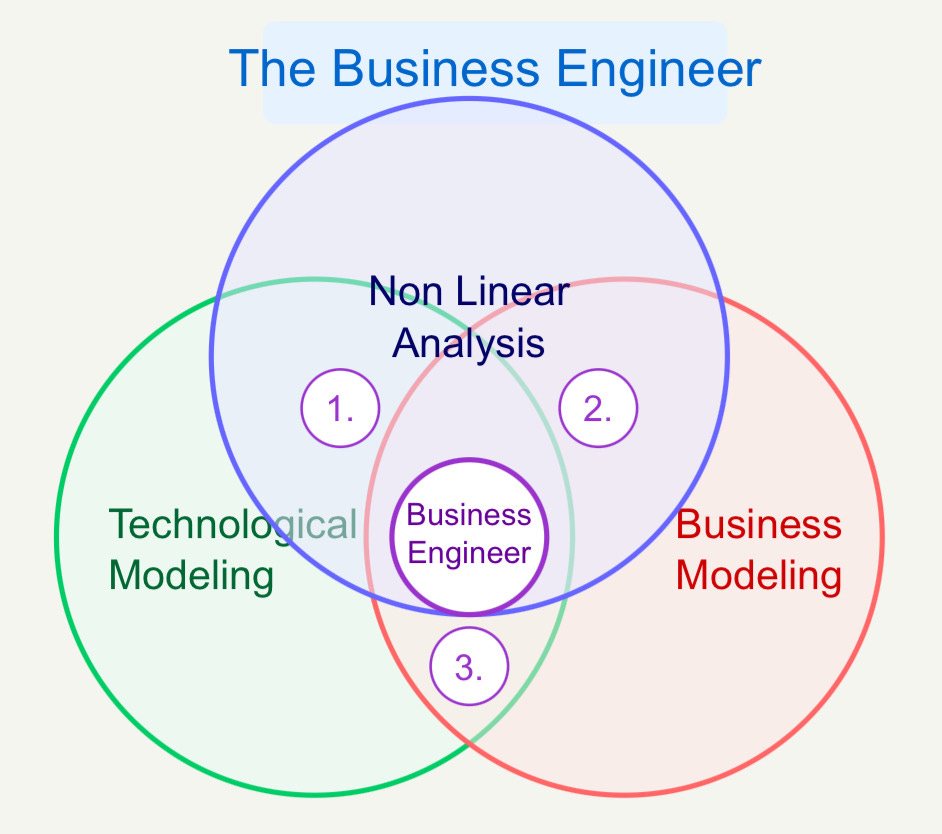





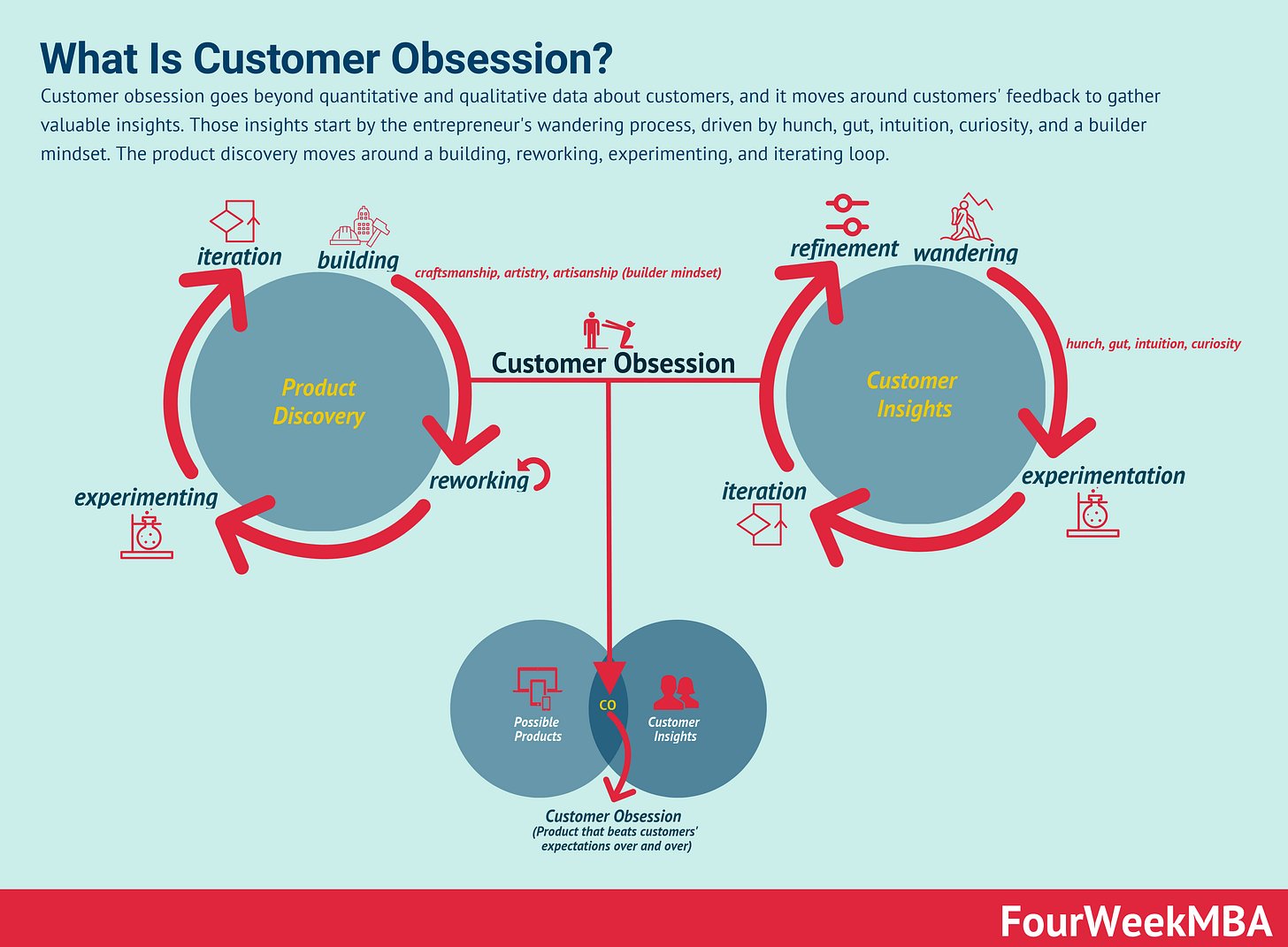
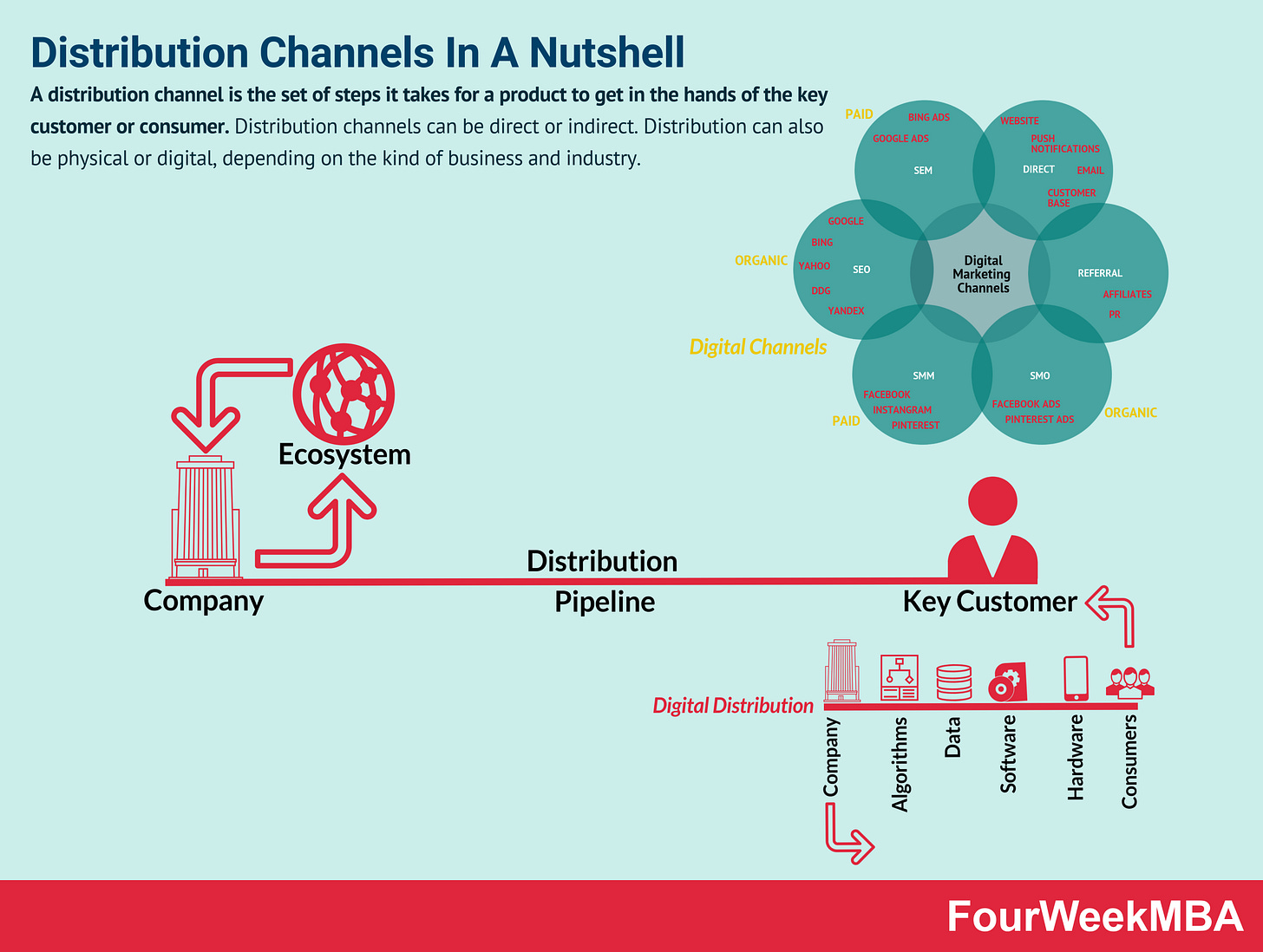
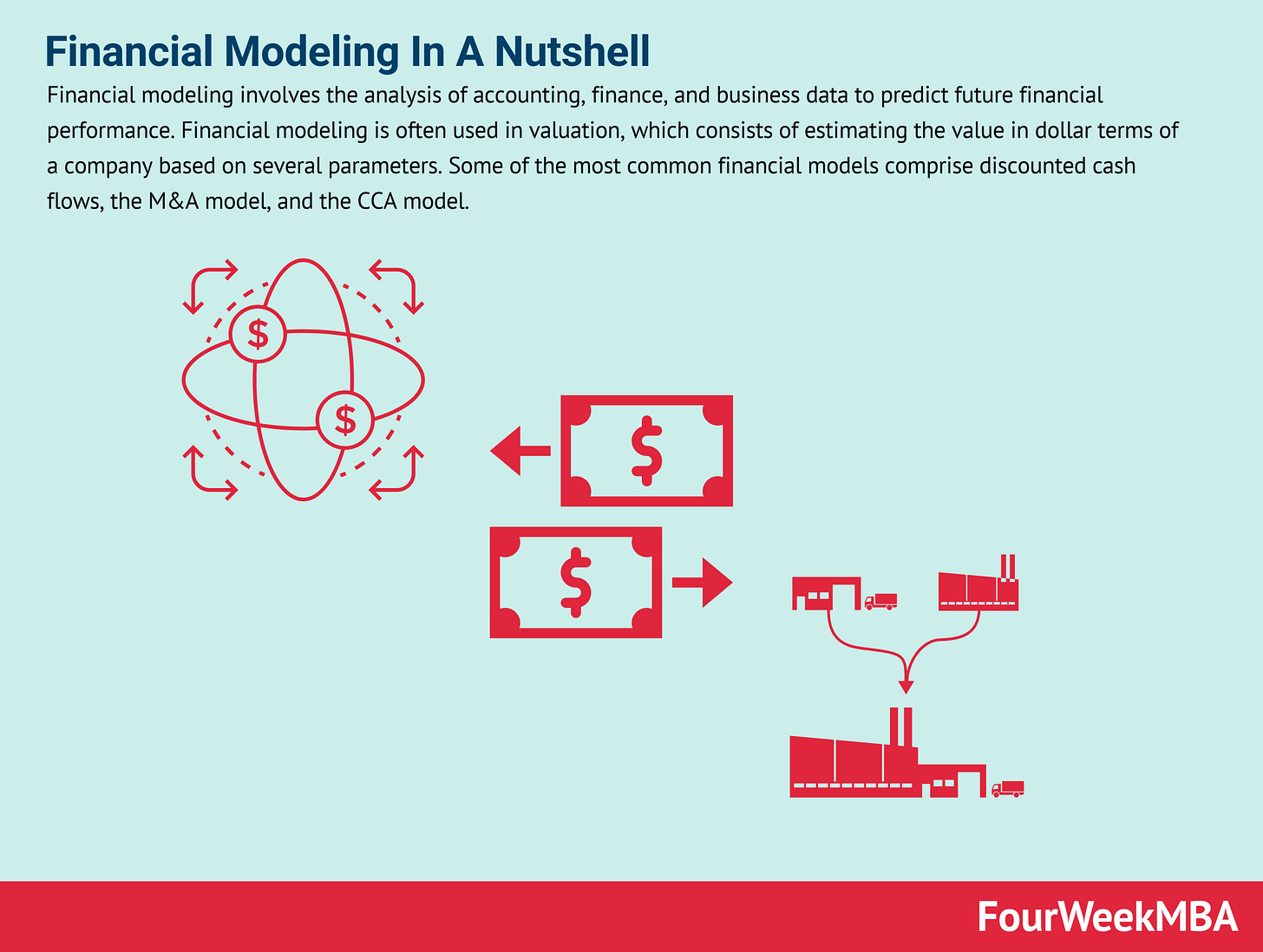
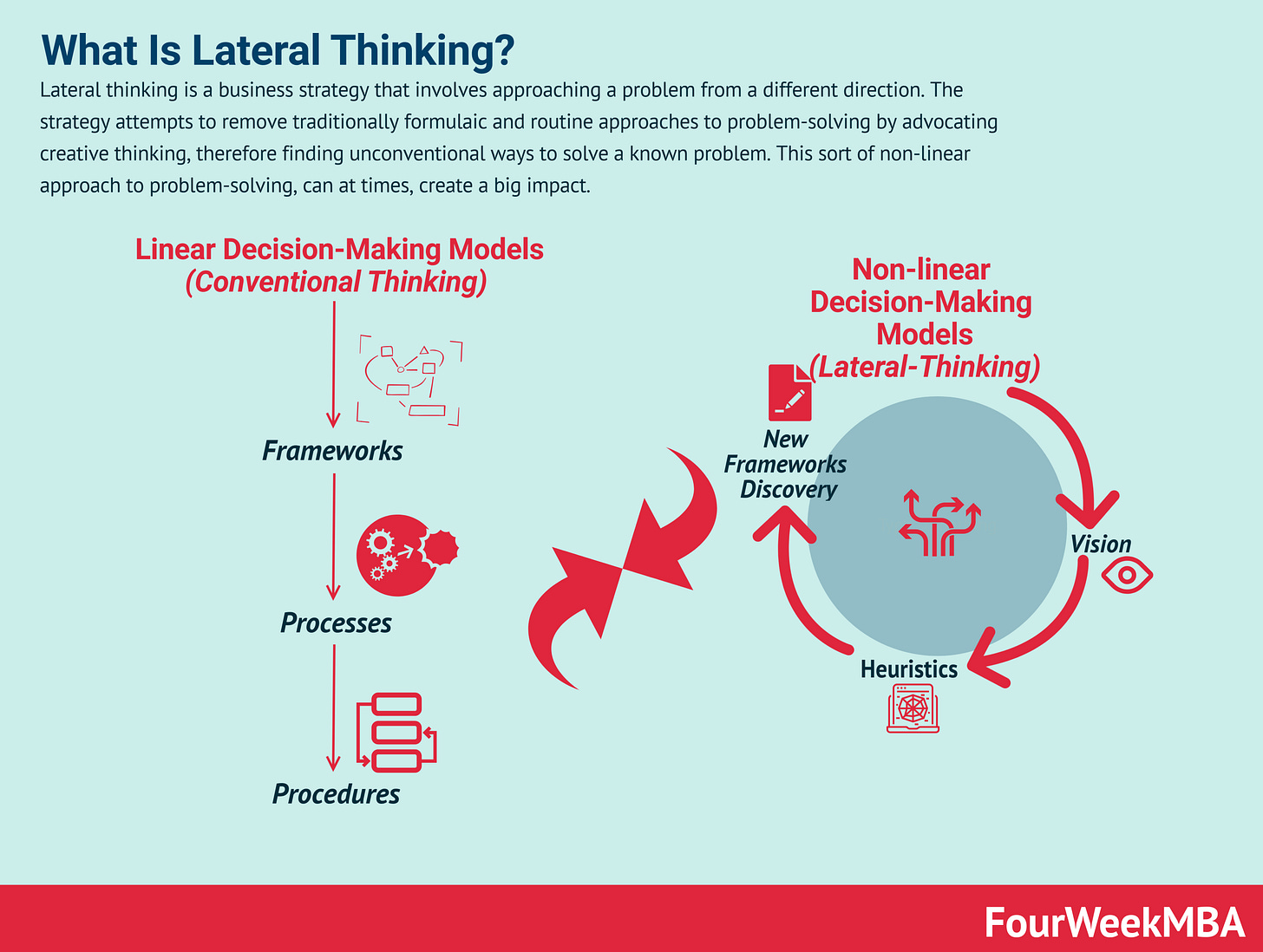


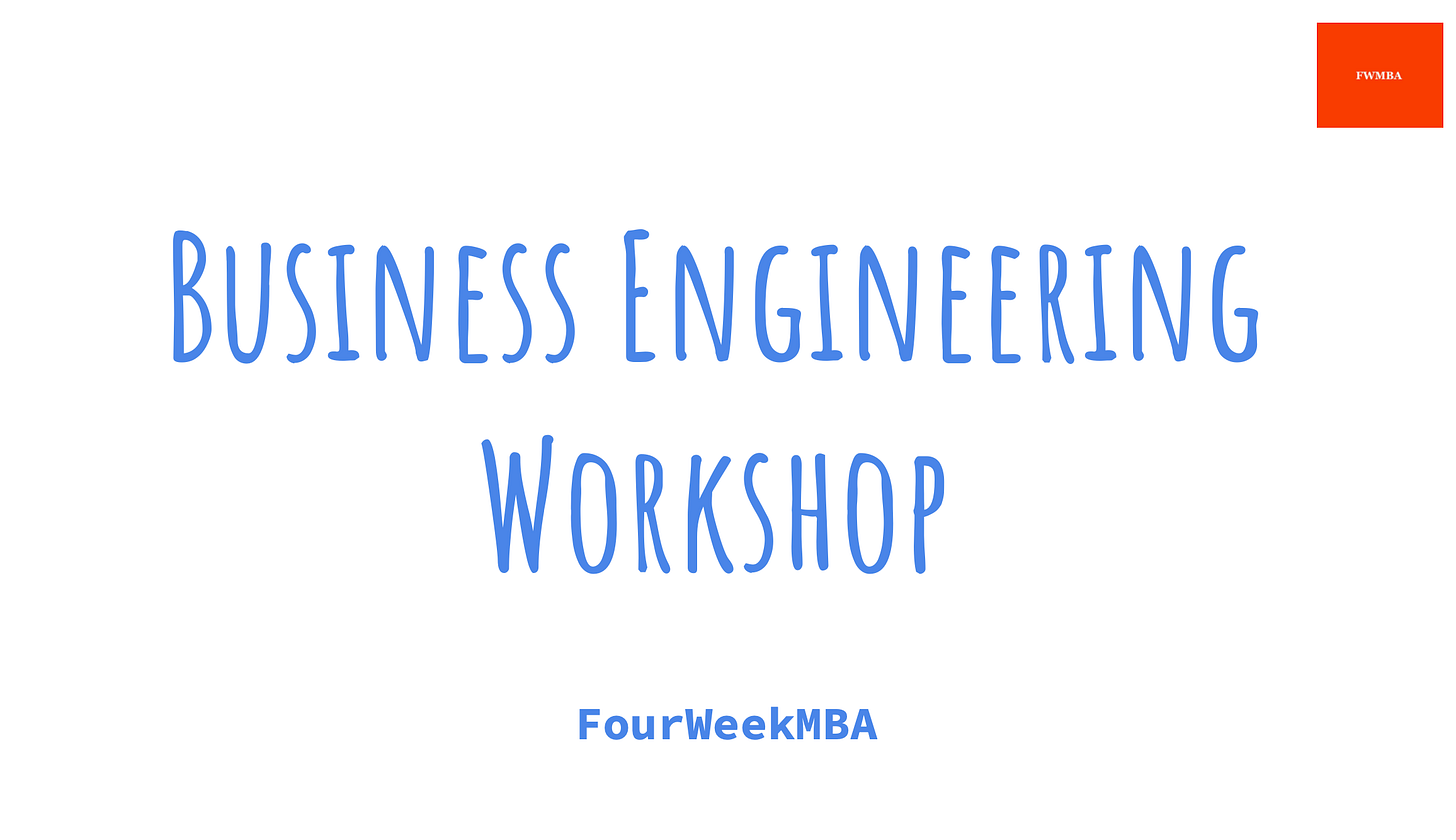


Long time reader, love your work. I have some time on my hands following redundancy and have been meaning to ask - how do I access these resources? Faithfully annually subscribed. Thank you!